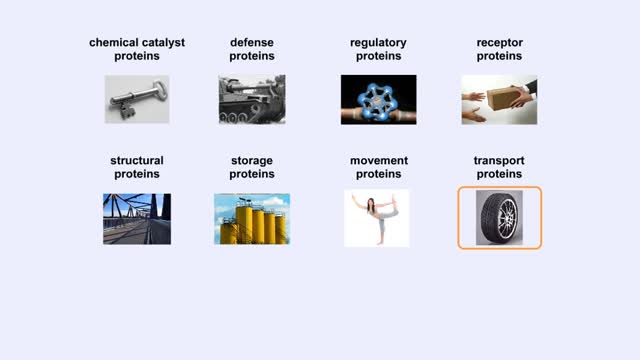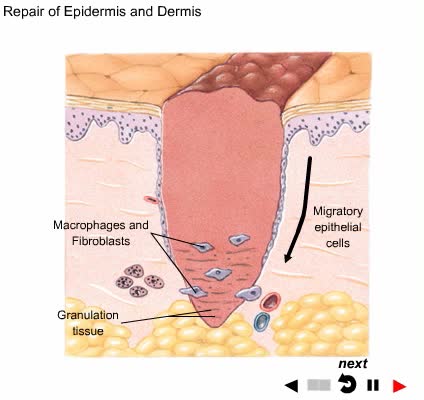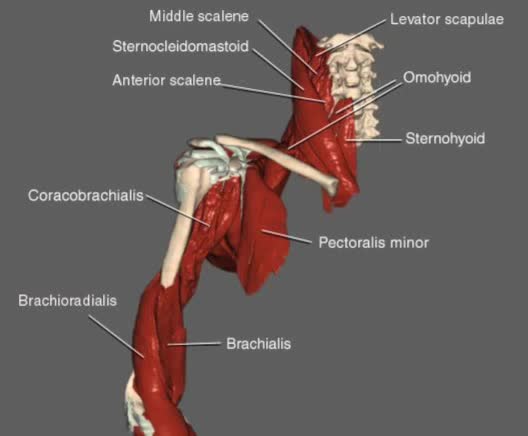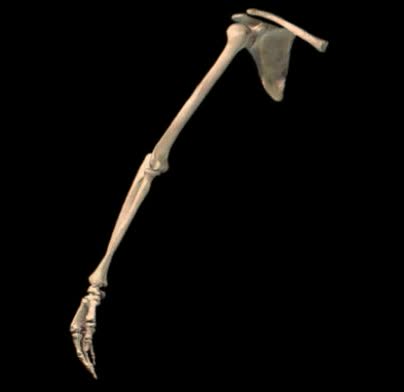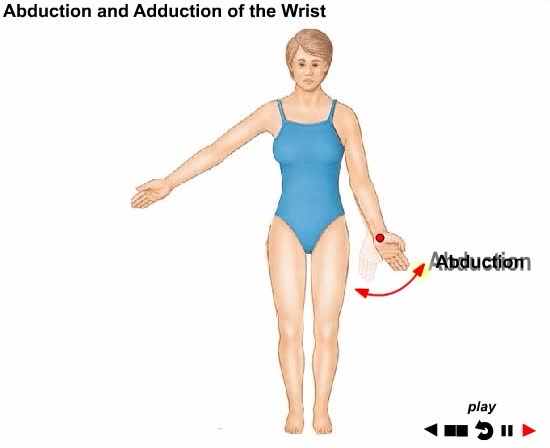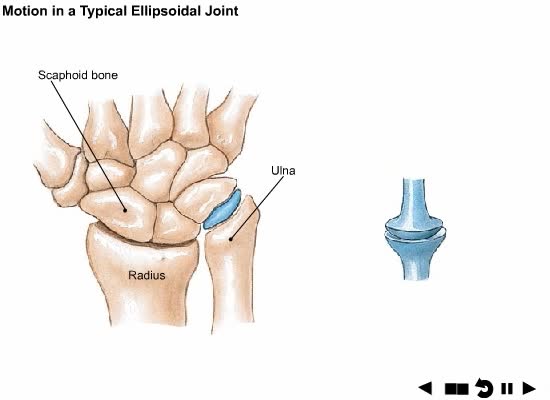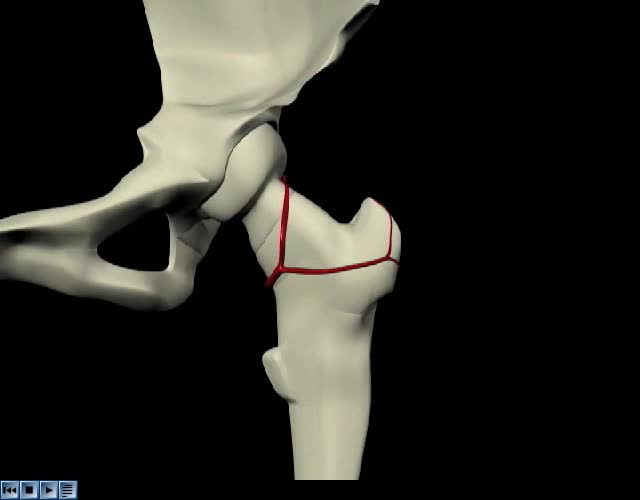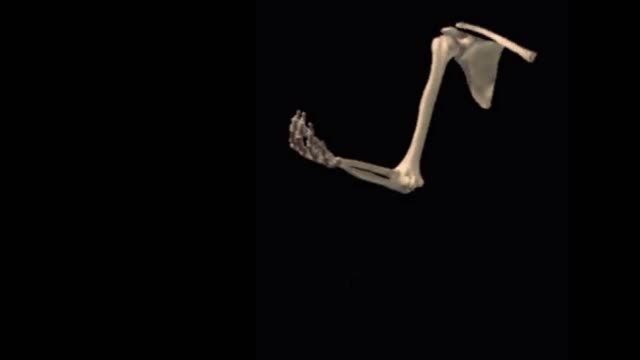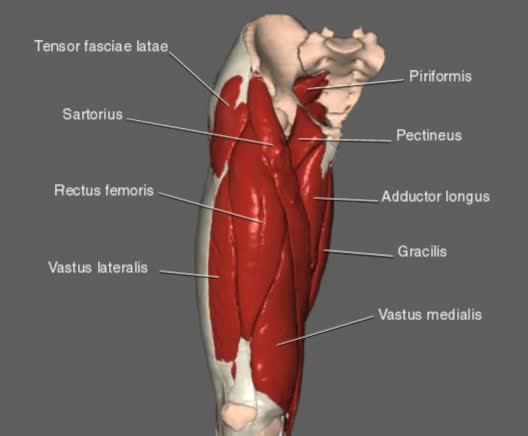Search Results
Results for: 'Transcription Introns and exons Animation'
How proteins function? How do proteins work?
By: HWC, Views: 10707
How proteins function is really about how proteins "do work" in cells. How do proteins work? Let's start thinking about protein function by looking at something important to you: your hair. Keratin is a structural protein that is composed of 2 intertwined or helical strands. Keratin is also f...
By: Administrator, Views: 14033
A wound is an injury to living tissue caused by a cut, blow, or other impact, typically one in which the skin is cut or broken.
By: Administrator, Views: 794
Four muscles—the supraspinatus, infraspinatus, teres minor, and subscapularis—make up the rotator cuff. It stabilizes the shoulder and holds the head of the humerus into the glenoid cavity to maintain the principal shoulder joint.
By: Administrator, Views: 538
Types of body movement that occur at the diarthrotic joints: - Rotation - Supination
By: Administrator, Views: 516
Types of body movement that occur at the diarthrotic joints: - Abduction - Adduction - Circumduction - Dorsiflexion
Classification of Joints Animation
By: Administrator, Views: 468
Types of body movement that occur at the diarthrotic joints: - Abduction - Adduction - Circumduction - Dorsiflexion Classification of Joints: - Synarthrosis (Fibrous) - Amphiarthrosis (Cartilaginous) - Diarthrosis (Synovial)
By: Administrator, Views: 13687
A hip fracture is a break in the upper quarter of the femur (thigh) bone. The extent of the break depends on the forces that are involved. The type of surgery used to treat a hip fracture is primarily based on the bones and soft tissues affected or on the level of the fracture.
By: Administrator, Views: 660
Normal starting position for elbow flexion is with the subject supine with the shoulder positioned in 0 degrees of flexion, extension and abduction with the arm close to the side of the body
Hip and Thigh Movement Animation
By: Administrator, Views: 453
- The 3 hamstring muscles (biceps femoris, semimembranosus and semitendinosus) – these muscles form most of the flesh of the back of the thigh; they flex the knee and extend the hip; - Gluteus maximus muscle (buttock); and, - Gracilis, sartorius and plantaris muscles.
Advertisement



